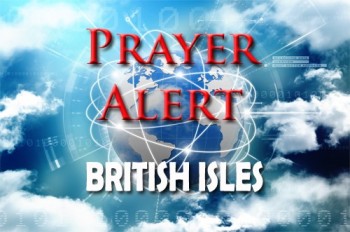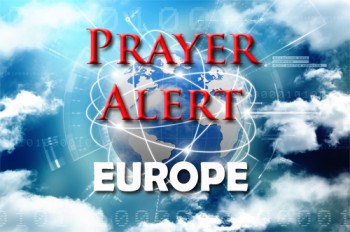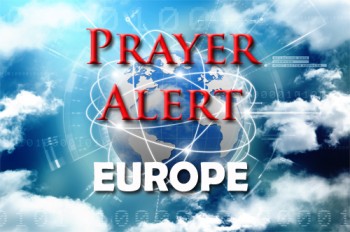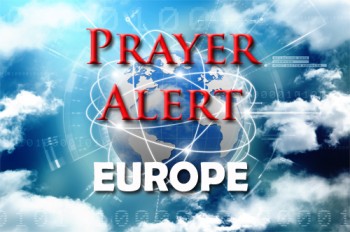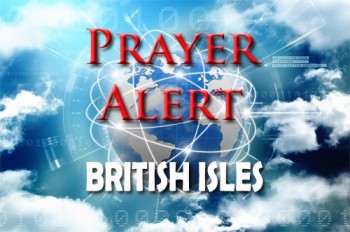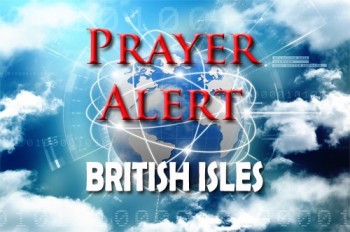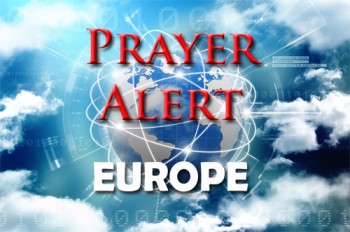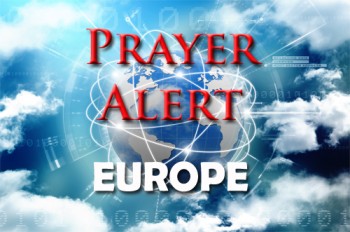Displaying items by tag: second wave
Hospitals - second wave rolling in
The British Association of Critical Care Nurses said that we may have the beds, equipment and Nightingale spaces, but we have limited staff numbers. It won't take much this winter to reach a crisis point (current new transmissions are 96,000 daily).The second wave is placing an ever greater toll on UK hospitals. There are currently over 1,000 Covid admissions daily. Hospitals have started cancelling routine treatments, or announcing some treatments will have to stop. Although admissions are up, they’re nowhere near the numbers last spring. At one point then, 3,000+ patients were admitted daily. Instead, we see a gradual rise. Winter usually has 1,000 people admitted daily for respiratory problems. It is predicted the 2021 flu season will be mild, but we do not know if it will add to the coronavirus workload. Medical staff all share the feeling of exhaustion that has been heightened by long-standing concerns about staff shortages, and deep resentment about pay and conditions. See
Europe: second wave warning
Europe became the coronavirus epicentre in March; then the outbreak subsided in the summer, allowing many to travel and gather in large groups. Now a second wave of infection is wreaking havoc - with over 1.3 million cases in the last 7 days. France, Italy, Spain, and the UK are grappling with record numbers of new cases that could soon dwarf the out-of-control spring outbreaks. Even though Germany, Poland, and the Czech Republic staved off massive spring outbreaks, they now have an unprecedented number of new cases. Europe accounts for 22% of all new infections worldwide. Many city hospitals are swamped and struggle to source life-saving equipment. Europe's centre for disease prevention and control warned against complacency, noting that transmission is as yet mostly between the young. Everyone must obey lockdown rules to keep the European death rate low. See also
Europe: second wave rebellion
Europe’s coronavirus restrictions have sparked civil unrest, turning violent, across a number of countries. Civilians are refusing to submit to new strict coronavirus rules. Turin demonstrators took to smashing windows and using smoke bombs, and threw bottles at police officers. In Naples protesters clashed with police in demonstrations against an 11pm to 5am curfew. Southern regions are worst affected by stricter measures. Italians call the shutdowns an injustice. Spanish protesters in Barcelona took to the streets to denounce the second state of emergency in six months. Prague police officers resorted to tear gas and water cannons to break up violent protests. Paris and Marseille also saw protests after a countrywide state of emergency was declared. Anti-lockdown demonstrations are a regular weekend occurrence in London. Willingness by law-abiding citizens to comply with complex regulations is beginning to fray. Only 39% in the UK approve of the government Covid policies.
France, Germany, Spain - coronavirus second wave
President Emmanuel Macron has announced a night-time curfew in Paris and eight other cities to try to curb the rapid spread of coronavirus. It affects 22 million people and will be applied for four weeks, possibly extending to six weeks. Germany announced that bars and restaurants in higher-risk areas must close by 23:00 as the country recorded the highest daily infection figure since the start of the pandemic (6,638 in 24 hours). Private gatherings are limited to ten people from two households. Meanwhile, as Spaniards prepared to travel for a long weekend national holiday, Madrid residents were told to stay home as another state of emergency to curb rising coronavirus cases was implemented. Madrid’s leader wants a partial lockdown to avoid deeper damage to businesses: see Pray for the businesses facing bankruptcies, for the millions now unemployed, and for the governments running out of resources for furloughed workers.
Church leader: lockdown creates 'fear and isolation'
Evangelical theologian Dr Ian Paul warns that a second lockdown could create more problems than it solves. He and 800 church leaders have signed an open letter pleading with the UK governments not to close churches again. He said lockdown was having a huge effect on people, because it was creating fear and isolation: the people who suffer disproportionately are those living on their own, the poor, and those without the luxury of large places to live in or gardens to visit. He also suggested it was misguided of the Government to plan its response around any notions of 'beating' coronavirus, saying, ‘One of the things the virus has done is confront us with our own mortality.’ He added, ‘The spiritual dimension of life is really important. The Christian Church has a message of hope to offer the world.’
Coronavirus: ministers balance science and politics
On 21 September the government’s chief scientific adviser said that without further action the UK could see 50,000 new coronavirus cases daily by mid-October, leading to about 200 daily deaths a month later. He stressed the figures were not a prediction but an estimation if nothing is done to curb the current doubling of numbers every seven days. Speedy action is required to bring numbers down: see On 23 September, the day after a Cobra meeting chaired by the PM, new rules were declared: closing pubs, bars and restaurants at 10 pm, and more face masks rules. Fines for breaking rules were increased. The motto ‘Stay At Home, Protect the NHS, Save Lives’ has been retired after an intense period of lockdown. Now Boris Johnson wants to ‘save lives, protect the NHS’ and ‘shelter the economy’.
Europe: coronavirus second wave
Countries across Europe are seeing a resurgence in Covid-19 cases after successfully slowing outbreaks early in the year. Albania, Bulgaria, Czech Republic, Montenegro, and North Macedonia saw higher case numbers in August than they did earlier in the year. Belgium, Italy, and the UK, Europe's worst-hit countries, are seeing a resurgence but, so far, nothing like March and April. Of the three, the UK's figures look the most worrying. France, Poland, the Netherlands, and Spain are taking action to curb a second wave. WHO’s regional director hopes the number of confirmed infections worldwide, creeping towards 30 million, will serve as a wake-up call. He said, ‘We have a very serious situation unfolding before us. There have been five million confirmed cases and more than 228,000 fatalities across Europe since the pandemic began. But we can fight it again'. See
Europe: easing restrictions
Already the media are saying that a second, more deadly, wave of coronavirus is expected to hit Europe this winter. Europe's top WHO official, Dr Hans Kluge, warns that the second spike could coincide with outbreaks of other infectious diseases. He issued a stark warning to countries beginning to ease their lockdown restrictions, saying, ‘Now is the time for preparation, not celebration’; adding as the number of cases of Covid-19 in countries such as the UK, France and Italy begin to fall, it did not mean that the pandemic was coming to an end. The epicentre of the European outbreak is now in the east, with the number of cases rising in Russia, Ukraine, Belarus and Kazakhstan.
